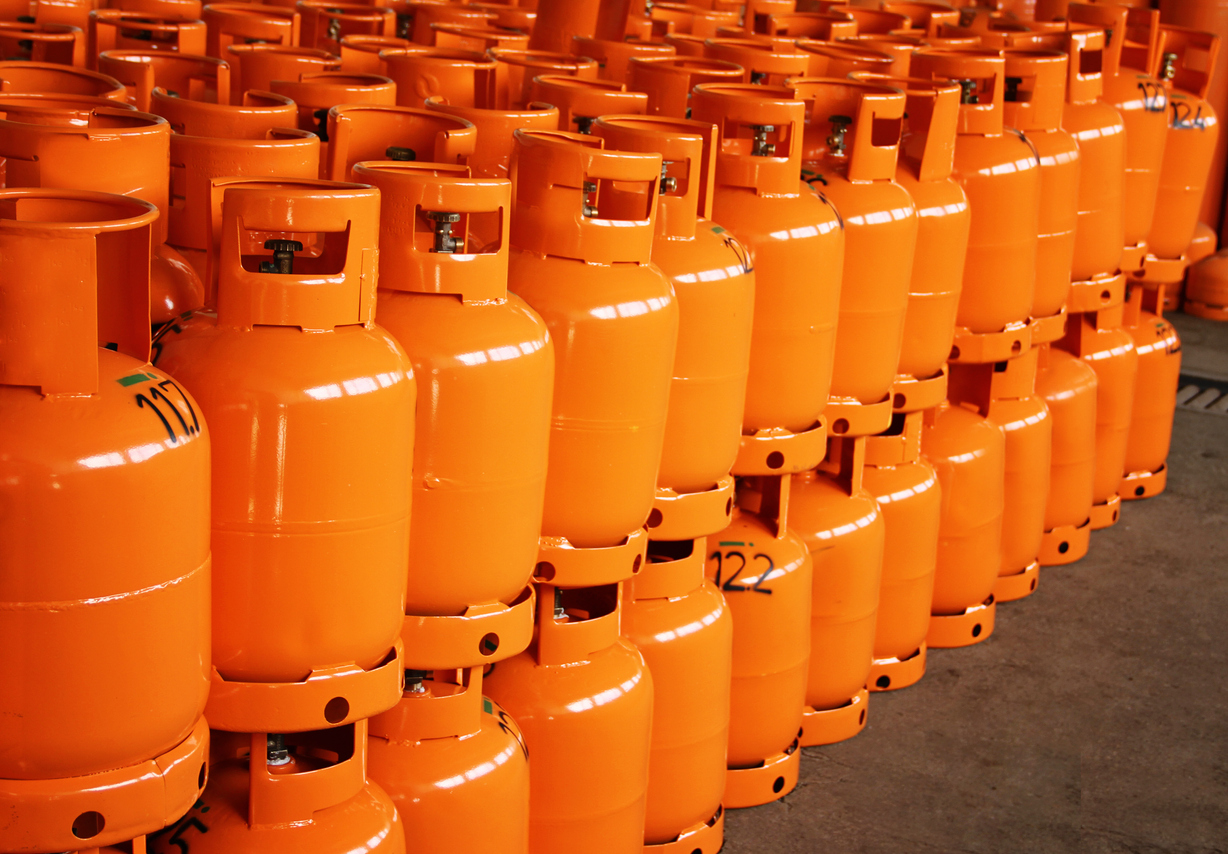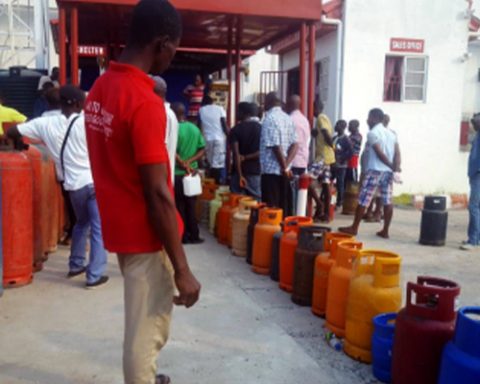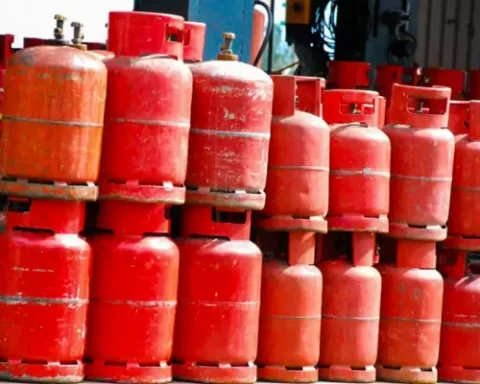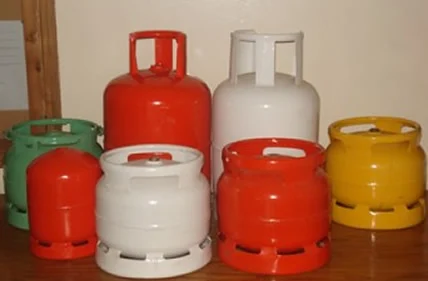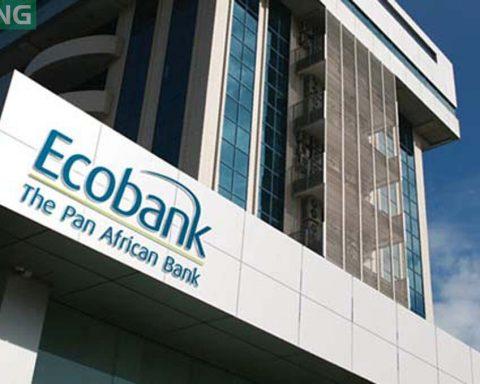The prices of Liquefied Petroleum Gas (LPG), also known as cooking gas in Nigeria, have experienced a drop in recent times, offering some relief to households.
According to the LPG Price Watch for July 2025 released by the National Bureau of Statistics (NBS), the average retail price for refilling a 12.5kg cylinder of cooking gas dropped by 1.91 per cent to ₦20,609.48 in July 2025 from ₦21,010.56 in June 2025.
Join our WhatsApp ChannelSimilarly, the price for a 5kg cylinder of cooking gas fell by 0.96 per cent, from ₦8,323.95 in June to ₦8,243.79 in July.
“The average retail price for refilling a 5kg Cylinder of Liquefied Petroleum Gas (Cooking Gas) increased by 7.69% on a month-on-month basis from N7,322.49 recorded in March 2025 to N7,885.60 in April 2025,” the NBS stated in the report.
Year-on-Year Increase
Despite recent declines, prices remain significantly higher compared to the previous year.
The average price for a 12.5kg cylinder in July 2025 was ₦20,609.48, a 44.51 per cent increase from ₦14,261.57 in July 2024.
For a 5kg cylinder, the July 2025 price of ₦8,243.79 represents a 37.98 per cent increase from ₦5,974.55 in July 2024.
READ ALSO: Marketers Fret As Dangote Moves To Crash Cooking Gas Price
Cooking Gas prices by States and zones
States that recorded the highest average retail price of LPG in July include Adamawa (₦22,528.39 for KG), Rivers (₦22,512.49 for 12 KG) and Taraba (₦22,363.57or 12 KG), while those that recorded the lowest price are Yobe (₦19,030.00 for 12 KG) Niger (₦19,154.99 for 12 KG), Nasarawa (₦20,000.00 for 12KG).
Analysis by zone shows that the South-South zone had the highest average price (₦21,278.14 for 12.5kg), while the South-West had the lowest (₦20,184.79 for 12.5kg).
Factors Influencing Price Changes
Experts and industry stakeholders have highlighted factors influencing changes in the prices of LPG. These include: Exchange Rate (which affects import costs), Government Policies (the removal of VAT and import duties on LPG accessories), increasing efforts on local production, and the federal government’s ban on the export of locally produced cooking gas, among others.
While the recent price drops provide short-term relief, the year-on-year increase highlights ongoing challenges such as foreign exchange volatility, import dependencies, and supply chain inefficiencies.
Sustainable price stability will depend on increasing domestic production, improving storage and distribution infrastructure, and strengthening transport networks.


